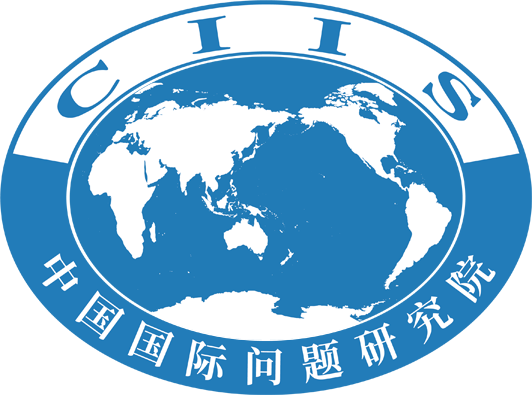The release of nuclear-contaminated radioactive water from the wrecked Fukushima nuclear power plant into the Pacific Ocean began on Thursday. Over the next 30 years or even longer, the continuous flow of nuclear-contaminated wastewater into the Pacific Ocean will pose immeasurable risks to human society.
However, the Japanese government has not provided a convincing explanation regarding the legitimacy, legality and safety of discharging nuclear-contaminated wastewater into the sea. To begin with, the Japanese public is unwilling to accept it. Opinion polls show that over 80 percent of Japanese people believe that the government's explanation of the dumping of nuclear-contaminated wastewater is "insufficient."
The head of the National Federation of Fisheries Cooperative Associations, Masanobu Sakamoto, reiterated his opposition on discharging the wastewater into the sea. In the Japanese scientific community, many experts have expressed their doubts about the safety, effectiveness and long-term consequences of discharging the contaminated wastewater into the sea. Shigeyoshi Otosaka, a marine chemist at the University of Tokyo, says that the organically bound form of tritium could accumulate in fish and marine organisms.
In the international community, voices of opposition and questioning are constantly being heard. More than 85 percent of South Korean population oppose Japan's dumping of nuclear-contaminated wastewater into the sea, according to a survey. Along the vast coast of the Pacific Ocean, from China, Southeast Asia and even distant Latin America, opposition voices are constantly heard. But many Western countries, led by the US, have chosen collective silence for political reasons.
The Japanese government's intention with this action was to get rid of a heavy burden at the lowest economic cost. However, it is evident that this move has caused significant damage to Japan's national image and reputation and will also result in major losses to Japan's real interests.
Discharging nuclear-contaminated wastewater into the sea will first heavily impact Japan's fishing industry. Data released by Japan's Ministry of Agriculture, Forestry, and Fisheries for 2022 shows that Japan's fish catch fell to the lowest figure since comparable data became available in 1956.
Currently, there are already 12 countries and regions that impose import restrictions on Fukushima food products, according to media reports.
It can be foreseen that in the future, some countries and regions will strengthen inspection, quarantine and embargo measures on Japanese agricultural and food imports. In addition, Japan's move will also impact the tourism industry near the discharge site, affecting a wide range of industries such as hotels, restaurants, transportation, and retail. This will also affect the economic recovery process in these areas.
The international community should also make necessary responses to Japan's irresponsible and selfish behavior, holding Japan accountable for its moral and economic responsibilities. At the legal level, Japan's decision to dump nuclear-contaminated wastewater into the sea and the potential consequences that may follow violate Japan's international treaty obligations under the United Nations Convention on the Law of the Sea (UNCLOS). In response, the international community can take legal measures, submitting the dispute over the discharge of nuclear-contaminated wastewater into the sea to the United Nations General Assembly and Security Council, requesting them to make decisions and resolutions, initiating arbitration proceedings under Annex VII of the UNCLOS, and seeking advisory opinions from international judicial institutions. Countries can also promote the United Nations General Assembly, the International Maritime Organization or the World Health Organization to propose to the International Court of Justice and seek advisory opinions on Japan's dumping of nuclear-contaminated wastewater into the sea.
On an economic level, countries can also seek compensation based on international law for the trans-boundary damage that may be caused by Japan's discharge of nuclear-contaminated wastewater into the sea. In addition to filing claims against Tokyo Electric Power Company (TEPCO) or the Japanese government on an individual or entity basis, countries can also file claims against the Japanese government based on the Convention on the Prevention of Marine Pollution by Dumping of Wastes and Other Matter and the UNCLOS.
In order to effectively hold the Japanese government and TEPCO accountable, China needs to promote relevant countries to establish a tracking and monitoring system for the impact of Japan's dumping of nuclear-contaminated wastewater on the marine ecosystem. Furthermore, it needs to collect and organize relevant evidence of damage, and actively conduct research on international law and international judicial procedures in preparation for possible future diplomatic and legal battles in order to make Japan pay the price for its irresponsible behavior.
(Xiang Haoyu is a specially appointed research fellow in the Department for Asia-Pacific Studies, China Institute of International Studies. Source: Global Times, Aug 26, 2023)



